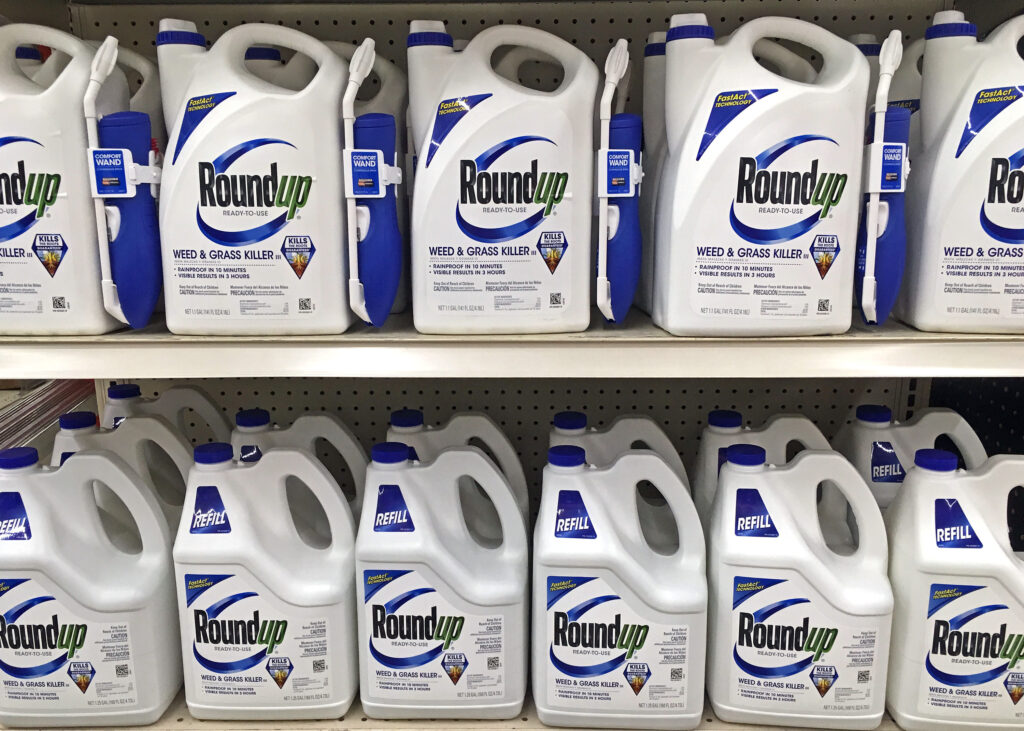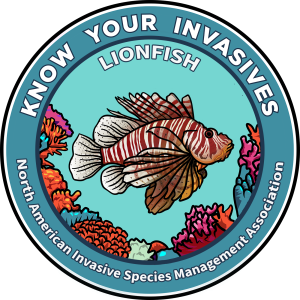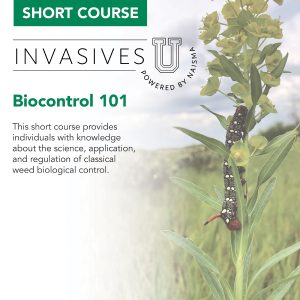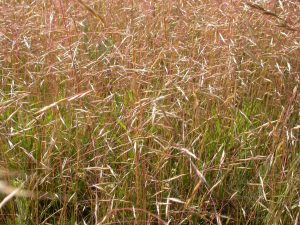Please pay attention to the published date. Read the September 30 update, 2020 update.
Bayer recently announced a settlement on many of the lawsuits surrounding the use of Roundup™. This herbicide, with the active ingredient glyphosate, is one of the most popular, commonly used herbicides in the world. Glyphosate products are used in nearly every professional setting where vegetation control or management is a goal. So, what does this settlement cover and what does it mean for professional invasive species manager?
In recent years, several high-profile lawsuits were brought against Monsanto by plaintiffs who believed the use of Roundup caused the development of non-Hodgkin’s lymphoma (NHL). It should be mentioned that the science overwhelmingly supports the notion that glyphosate, when used according to label directions, is safe to humans and the environment. While some of these lawsuit decisions went in favor of the plaintiff, they are being appealed. Further, as many as 125,000 lawsuits were filed or in the process of being filed. Bayer, who now owns Monsanto, decided a strategic settlement was better than taking each of these lawsuits to a jury trial.
What this settlement does is essentially put an end to the many ongoing lawsuits (specifically against Roundup products owned by Monsanto), with future lawsuits subject to an independent science advisory panel review of the data linking glyphosate to NHL. Appeals on past jury trials will continue to make their way through the courts. This settlement includes no admission of guilt by Bayer and no product liability associated with Roundup™, and these products will continue to be available for sale and use.
Bayer has a Q&A available online that addresses common questions: https://www.cropscience.bayer.com/customer-updates
All of this means that we, as land managers, can keep using Roundup™ and other glyphosate-based products. But it is important to keep an eye on this situation, as the settlement only covered products manufactured by Monsanto, and other manufacturers are still open for litigation.
This is a complicated situation where science, law, and public perception intersected, and serves as a good reminder to NASIMA members to use and steward pesticides properly when they are needed. Use them safely and according to label directions. Follow all state and local regulations and restrictions. Wear proper PPE and apply pesticide when and where it is appropriate. If you have questions, we at NAISMA would be happy to answer your questions. You can also consult your local Cooperative Extension agent or state pesticide certification program.

Dr. Dave Coyle
Dr. Dave Coyle is NAISMA President and Assistant Professor of Forest Health and Invasive Species in the Department of Forestry and Environmental Conservation at Clemson University.




